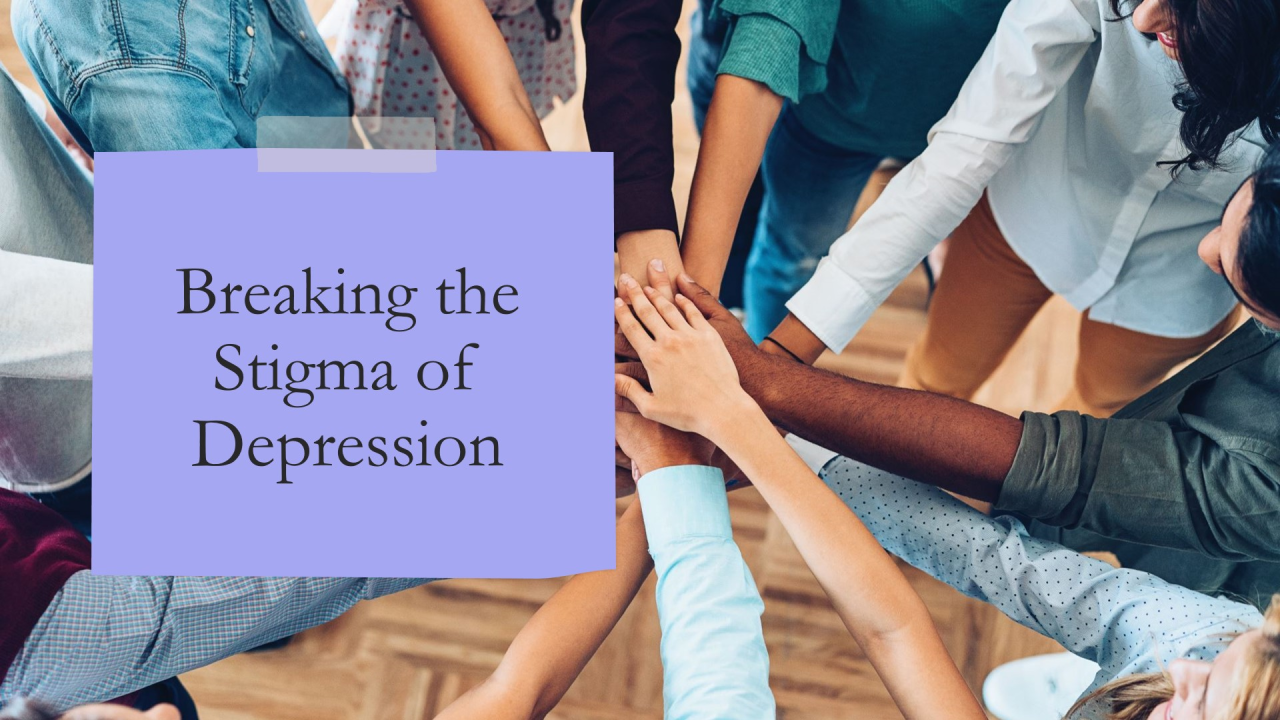Growing up these days isn’t easy. With social media pressures, academic stress, and life’s unpredictability, it can be easy to feel overwhelmed. But when those feelings become persistent sadness or hopelessness, it might be time to get help from a therapist.
The problem is that many young people hesitate because of certain misconceptions about therapy. We’ll explore these misconceptions in detail and debunk the common myths that surround them. By the end of this post, you’ll learn that therapy is actually powerful for taking control of your mental health.
Depression in Young Adults
Depression is not just “feeling sad” or “going through a phase”. It’s a real health condition that affects how you think, feel, and do daily activities. The signs can show up in your daily life – lying awake at 3 AM with racing thoughts, skipping social events you used to love, or finding yourself unable to focus in school or at work.
Sometimes, it shows up in ways you might not expect. You might be more irritable than sad, have trouble making decisions, or notice changes in your eating habits. Your relationships might not be in a good state or you find yourself pulling away from friends and family. Maybe you get easily overwhelmed by things that used to never bother you before, or you’re having trouble seeing a positive future for yourself.
You might be afraid to open up because you might be labeled as weak. But admitting that you have these feelings takes real courage. When you recognize that you might be depressed, it shows remarkable self-awareness and inner strength.
Common Misconceptions About Therapy
Let’s examine these common myths and understand what the reality really is.
“Therapy is only for serious mental illness.”
Many people believe therapy is only for those who have serious mental health issues or diagnosed conditions. This simply isn’t true. Therapy can be for anyone looking to improve their mental well-being, understand their emotions better, and develop healthy coping strategies.
People go to therapy for many reasons: stress, relationship issues, life transitions. These, too, can take a toll on one’s mental health, which is why it’s important to address it right away before it turns into a more serious problem.
“Going to therapy means you’re weak.”
This is probably the biggest misconception that turns people away from therapy. Depression is considered a health condition, just like any physical illness that affects your body. It’s not just a “feeling” because it does affect your brain chemistry, thought patterns, and emotional responses.
So when you get therapy, it’s no different from getting medical care for any other health condition. In fact, acknowledging that you need support and doing something about it shows self-awareness and personal strength. You’re empowered to take control of your well-being and work toward improving your life.
“Therapists are judgemental.”
Some young adults avoid therapy because they’re afraid of being criticized or blamed for their struggles. But it’s the last thing therapists are professionally obligated to do. They are mental health experts who are bound by ethics to maintain objectivity and provide compassionate support to their clients.
This means you have a non-judgemental space where you can safely talk about your thoughts and feelings. The therapist’s job, then, is to understand your situation and help you process your experiences. They’ll also give you the tools to manage your mental health better so you can deal with difficult situations with greater confidence and resilience.
“My problems are not that serious.”
Depression shows up differently for everyone, and its impact can vary greatly. You don’t need to be struggling at a certain level before you can get support. Any concern that affects your well-being is valid enough to seek help.
When you wait until things get “bad enough”, you are only enduring unnecessary suffering and potentially making your symptoms worse. By seeking help early, you can address depression before it intensifies and begins to affect other areas of your life.
“Therapy means medication.”
Many people have this impression that when you go to therapy, it means you’ll be medicated. While it can be helpful for some people, it’s not a requirement for everyone seeking therapy. Many people get better significantly with just therapy alone, using techniques like cognitive behavioral therapy, mindfulness, and other evidence-based approaches. If your therapist sees that you might need medication, that’s a separate discussion to have with your healthcare provider.
“Everything in therapy becomes public.”
Privacy is another concern that deters people from getting therapy. However, therapist-client relationships are actually one of the most confidential professional relationships available.
Therapists are bound by law and ethics to protect your privacy. What you discuss in the office stays between you and the therapist, with very few exceptions (such as immediate safety concerns). You have control over what information is shared and with whom. This allows you to be honest and open without worrying about your personal information being disclosed.
Your first session might be just getting to know each other and discussing what brought you in. There’s no pressure to share more than you’re comfortable with, and you can take things at your own pace.
The Power of Early Intervention
Taking that first step toward getting help can really make a big difference. Each day you work with a therapist adds another tool to your mental health toolkit, and you can prevent depression from affecting other areas of your life, like your academics and relationships.
In therapy, you develop practical tools for managing difficult emotions and situations. You’ll learn to challenge negative thoughts, deal with stress effectively, and improve communication in your relationships. And these skills don’t just help with your current situation. They’re tools you can use throughout your life.
You become better at recognizing your patterns and warning signs. This self-awareness helps you catch potential problems and take action before they become overwhelming. You’ll learn what triggers your depression and what helps you feel better, making it easier to maintain good mental health in the long run.
Depression will make you think things won’t get any better – but that’s not reality. The sooner you get help, the sooner you can start feeling better and building the life you really want. Don’t let fear or stigma keep you from getting the support you deserve. Your mental health matters and there are people ready to help you take care of it.
















Leave a Reply